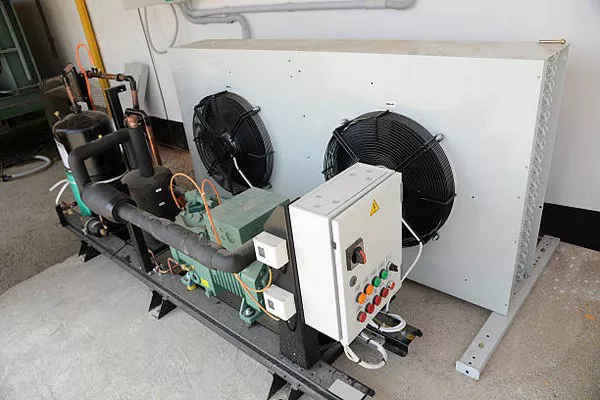In regions prone to power outages or during emergencies, having a generator can provide essential backup power. However, one common question that arises is whether a generator can effectively power an air conditioner (AC) unit. To address this concern, it’s crucial to understand various factors such as power requirements, generator capacity, safety precautions, energy efficiency considerations, and maintenance tips. In this article, we will delve into these topics and provide guidance on using a generator to power your AC unit effectively.
Understanding Power Requirements
When it comes to powering an AC unit with a generator, understanding power requirements is fundamental. AC units have two power specifications: starting (surge) watts and running (rated) watts. Starting watts refer to the initial surge of power required to start the compressor and fan motor. This surge can be significantly higher than the running watts, typically lasting a few seconds to a minute. Running watts, on the other hand, represent the continuous power consumption of the AC unit once it’s running.
To determine the power requirements of your AC unit, refer to its specifications provided by the manufacturer. It’s essential to note the starting watts as well as the running watts to ensure your generator can handle the initial surge and sustained operation.
Generator Capacity
Once you understand the power requirements of your AC unit, the next step is to assess whether your generator has the capacity to meet those demands. Generators come in various sizes and types, each with its own output capacity.
To determine if your generator can power your AC unit, compare its rated output with the starting and running watts of the AC. Ensure that the generator’s rated output is equal to or greater than the starting watts of the AC unit to handle the initial surge. Additionally, the generator should have enough continuous power output to sustain the running watts of the AC unit.
Types of Generators
There are different types of generators available in the market, each with its own advantages and disadvantages when it comes to powering AC units.
Portable Generators: These are versatile and easy to move around, making them suitable for powering AC units during emergencies. However, portable generators may not provide enough power for larger AC units, and they can be noisy during operation.
Inverter Generators: Known for their quiet operation and fuel efficiency, inverter generators are ideal for powering sensitive electronics like AC units. They produce clean and stable power, making them suitable for powering both small and large AC units.
Standby Generators: These generators are permanently installed outside the home and automatically turn on during power outages. Standby generators are powerful and can handle the high starting watts of AC units. They provide seamless backup power but are more expensive and require professional installation.
When choosing a generator for your AC unit, consider factors such as power output, fuel efficiency, noise level, and ease of use to determine which type best suits your needs.
Safety Precautions
Safety should always be a top priority when using generators to power AC units. Follow these safety precautions to prevent accidents and ensure safe operation:
- Always operate the generator outdoors in a well-ventilated area to prevent carbon monoxide buildup.
- Keep the generator away from windows, doors, and vents to avoid exhaust fumes entering the house.
- Use heavy-duty extension cords rated for outdoor use to connect the AC unit to the generator.
- Never overload the generator by connecting too many appliances or devices.
Follow manufacturer’s instructions for proper setup, maintenance, and fuel storage of the generator.
Energy Efficiency
Choosing an energy-efficient AC unit can help reduce the power load on the generator and minimize fuel consumption. Look for AC units with high Seasonal Energy Efficiency Ratio (SEER) ratings, which indicate their energy efficiency. Additionally, consider features such as programmable thermostats and variable-speed compressors, which can further enhance energy savings.
Additional Load Considerations
During a power outage, it’s essential to manage additional loads and prioritize appliances based on their importance. Identify essential appliances such as refrigerators, lights, and medical devices, and prioritize powering them first. Avoid running unnecessary appliances simultaneously to prevent overloading the generator.
In conclusion
Powering an AC unit with a generator requires careful consideration of power requirements, generator capacity, safety precautions, energy efficiency, maintenance, installation, and troubleshooting. By following these guidelines and best practices, you can ensure reliable backup power for your AC unit during emergencies or power outages.

